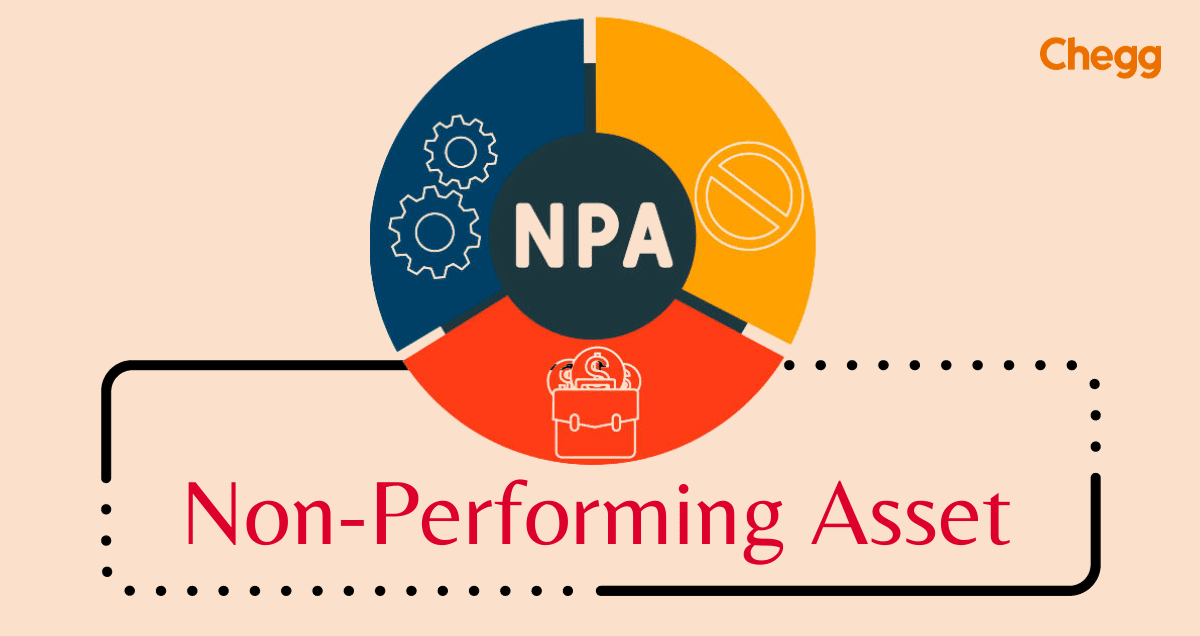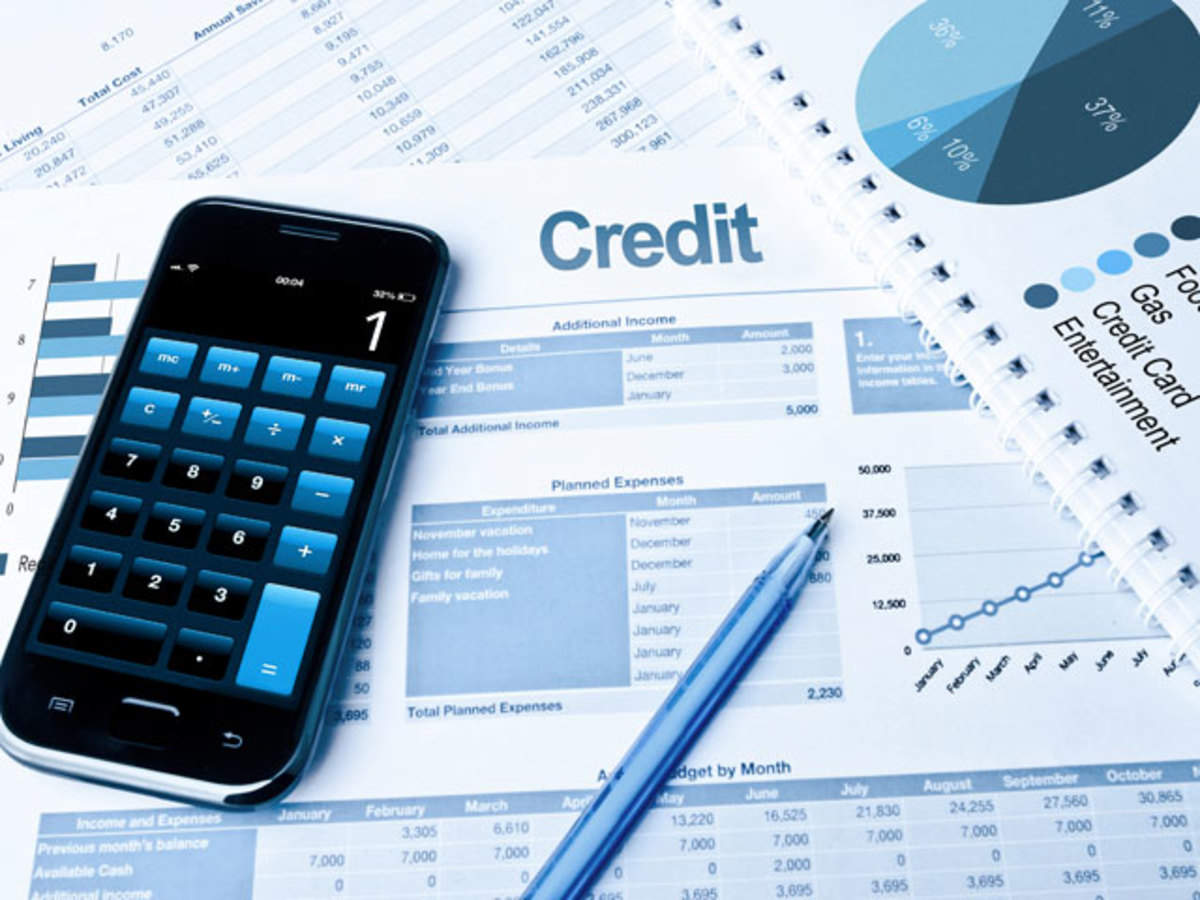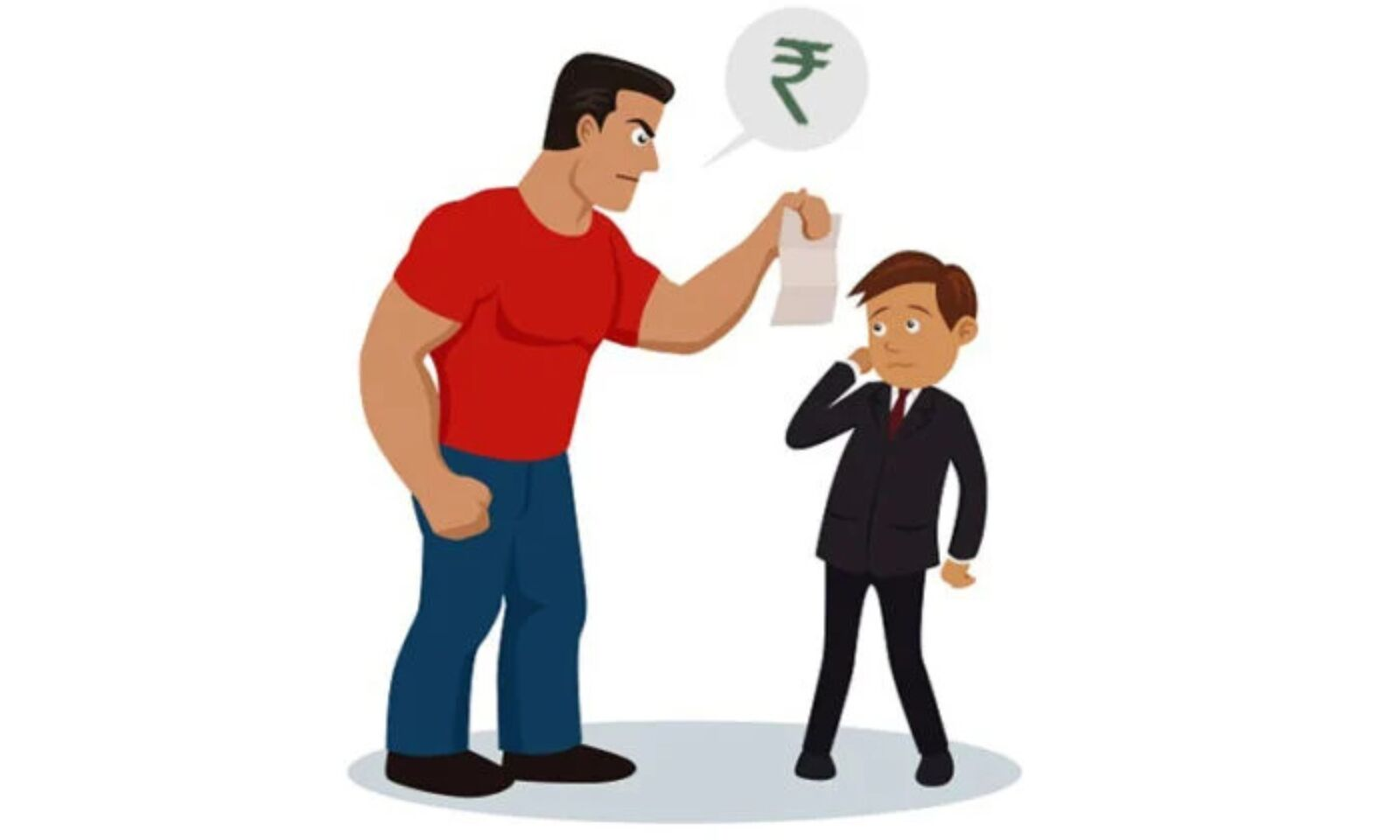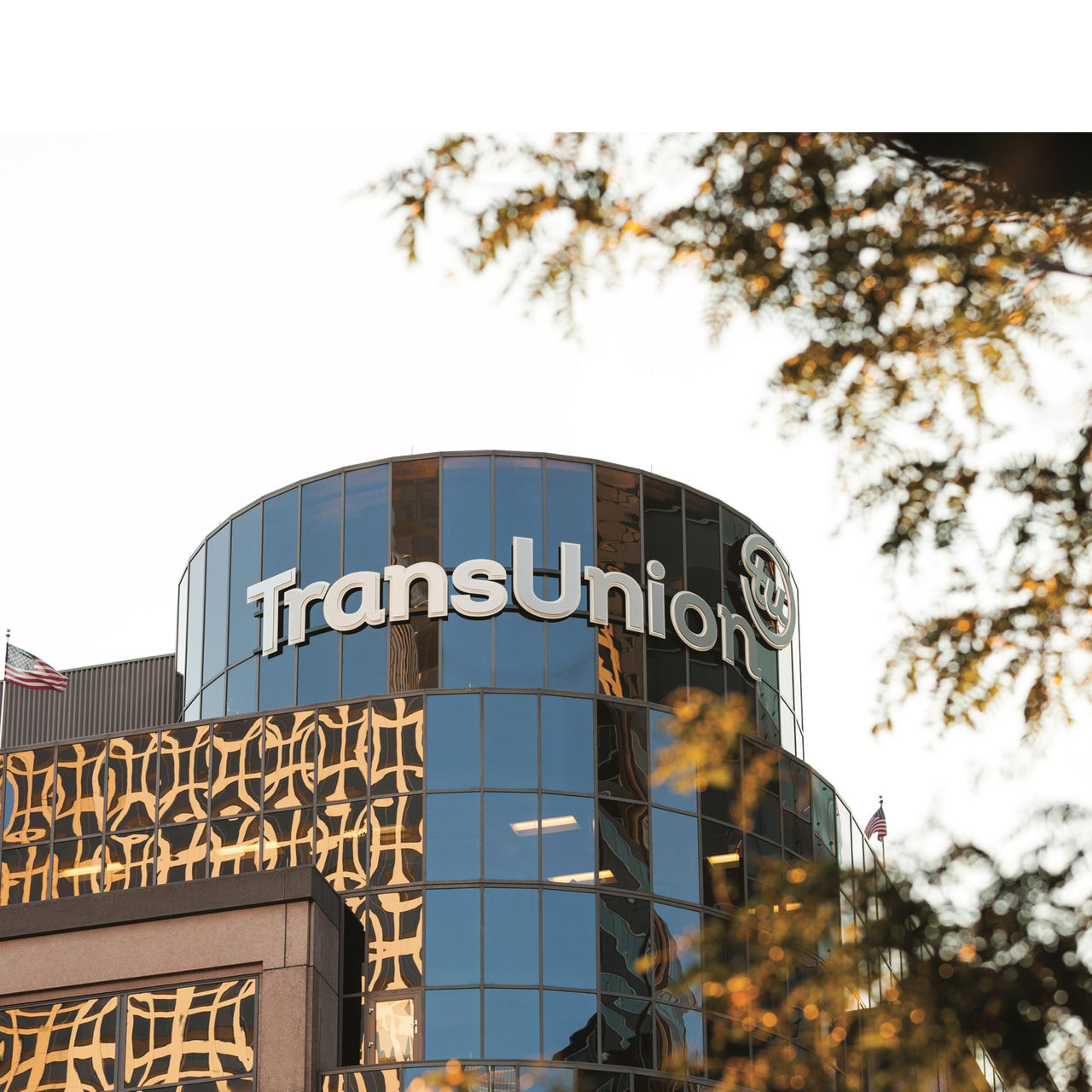We live in a credit-driven economy. Obviously, there will be credit card debt. There’s just no way around it. And while the idea of living cash-only sounds nice, it isn’t always practical.
So you get a credit card to establish credit. But then you overspend or there’s an emergency. Perhaps a job loss or medical condition has you maxing out your cards just to pay your bills. Once the situation has improved, you breathe a sigh of relief, but your credit cards are still maxed, and your credit score is falling.
We’re going to walk you through how to mitigate the damage done by these unforeseen credit emergencies and help you make a plan for recovery.
Keep reading for five steps to surviving the aftermath of credit card debt.
Plan for Credit Card Debt
First things first, you’ve got to get those balances down.
Your credit utilization ratio is one of the most important aspects of your credit score. The term refers to how much of your credit you are currently using. For instance, if you have a credit card with a limit of $2000, and you are carrying a $500 balance, your credit utilization ratio would be 25% for that card.
If you’ve run into trouble and had to max out your credit cards, your credit utilization ratio will be creeping toward 100%, so getting the balances down is vital to improving and repairing your credit score.
If your situation has improved significantly, you may be able to work your way out of debt by simply managing your finances and putting as much money as possible toward your credit card balance.
If you’re feeling overwhelmed by Credit Card Debt and you aren’t sure where to start, you may need the help of a debt settlement company. Contrary to what their name suggests, companies like this don’t just settle debts. Instead, they can often help by looking at your finances and helping you put together a plan for payment. They may also be able to offer consolidation options, especially if your debt is spread over multiple cards.
Have Patience and Stick to the Plan
Once you’ve made a plan to pay off debt, stick to it. Often, paying off debt can force you to live more modestly for a while, holding off on large purchases. If the debt is the result of careless spending habits, it can also be difficult to form new habits and avoid using your cards while you are paying down the balance.
However, by continuing to commit to a payment plan and pay off our debts, you are providing long-term benefit to your credit score. You may need to remind yourself of how unburdened you will be once the debt is completely paid off.
It can help to have a long-term goal for what you will do with your new freedom once you have it. Perhaps you want to travel around the world or buy a home, but your credit card debt stands in the way. Remind yourself of those goals whenever you want to make a frivolous purchase.
And once the debt is paid off, be careful not to repeat old mistakes, because now it’s time to fix your score.
Continue to Use Credit…But Be Careful
Once you’ve paid off your credit card debt, you’ll feel a weight lifted off your shoulders. You did it! Revel in the accomplishment!
But not too long, because now there’s work to do. Once your credit is paid off, you’ll need to take the time to repair your credit score. Credit scores look at your risk long-term, so even once you’ve paid off your debt, your score won’t go up immediately (although it will begin to with each payment).
To help rebuild your score, continue to use your credit card, but wisely, and only if you know you can control your spending. If you know you won’t be able to resist impulse buys, it may be better to close all your cards but one and freeze that one in a block of ice for emergencies only.
However, if you know you can control your spending, allow yourself to use your cards only occasionally, or for very specific purposes. There are a few ways to do this.
Pay for Essentials
This works really well if you have a card that gives you cash-back on essentials like gas and groceries. Use the card to pay for items only in those categories, and pay off the balance immediately.
Because gas and groceries are normal budgeted purchases, it’s easy to simply use the card, then use the money in your bank account to pay off the purchase on the card. You can also use this method by using your card to pay your bills on the first of each month, then paying off the balance weekly.
Big-Ticket Items
Another common way to build credit is to use the card for big-ticket items, like mattresses or furniture.
The catch here, though, is that you can only use the credit AFTER you have saved up the necessary cash. Then you can put the purchase on the card and pay it off in a timely manner.
Budget it
Another way to ensure control over your credit spending while building your score is to simply set a limit (lower than your credit limit) that you can afford to pay off each month. Then simply use the card for that dollar amount and pay it off each month.
Notice the theme in each of these methods. The card is being used, but the balance is paid off quickly, ensuring you aren’t ever carrying a balance you can’t pay.
And speaking of making payments…
Make Payments on Time
This goes for things beyond your credit card debt. This applies to utilities and medical bills, too.
Make your payments on time or early. Sign up for auto-pay if you have to, just ensure that you pay your bills on time.
Credit reports don’t just look at your credit card debt. They look at your entire financial picture. And when you make payments late to your utility company or cable provider, your score takes a hit. So make sure you have a budget set up and you are paying your bills on time.
If you need help with this, there are professionals who can help you set up and maintain a budget.
Establish Savings
57 million Americans have precisely zero dollars put away for an emergency. Which means that if disaster strikes, they have to reach for that credit card, starting the whole terrible cycle again.
This is key. Once your debt is paid off, you must establish a savings account for emergencies. $1000 is a good starting place, but ideally, you want to get to a point where you have 3-6 months of income set aside in an account that you don’t touch.
This strategy ensures that you don’t re-damage your credit score once you’ve put all that work into repairing it.
Recovering from credit card debt isn’t easy. Neither is controlling your spending once you’ve paid off the debt, or maintaining a budget. But the rewards for financial wisdom are innumerable.
Have you paid off a large amount of credit card debt? What strategies did you use? Let us know in the comments!
.





Leave A Comment